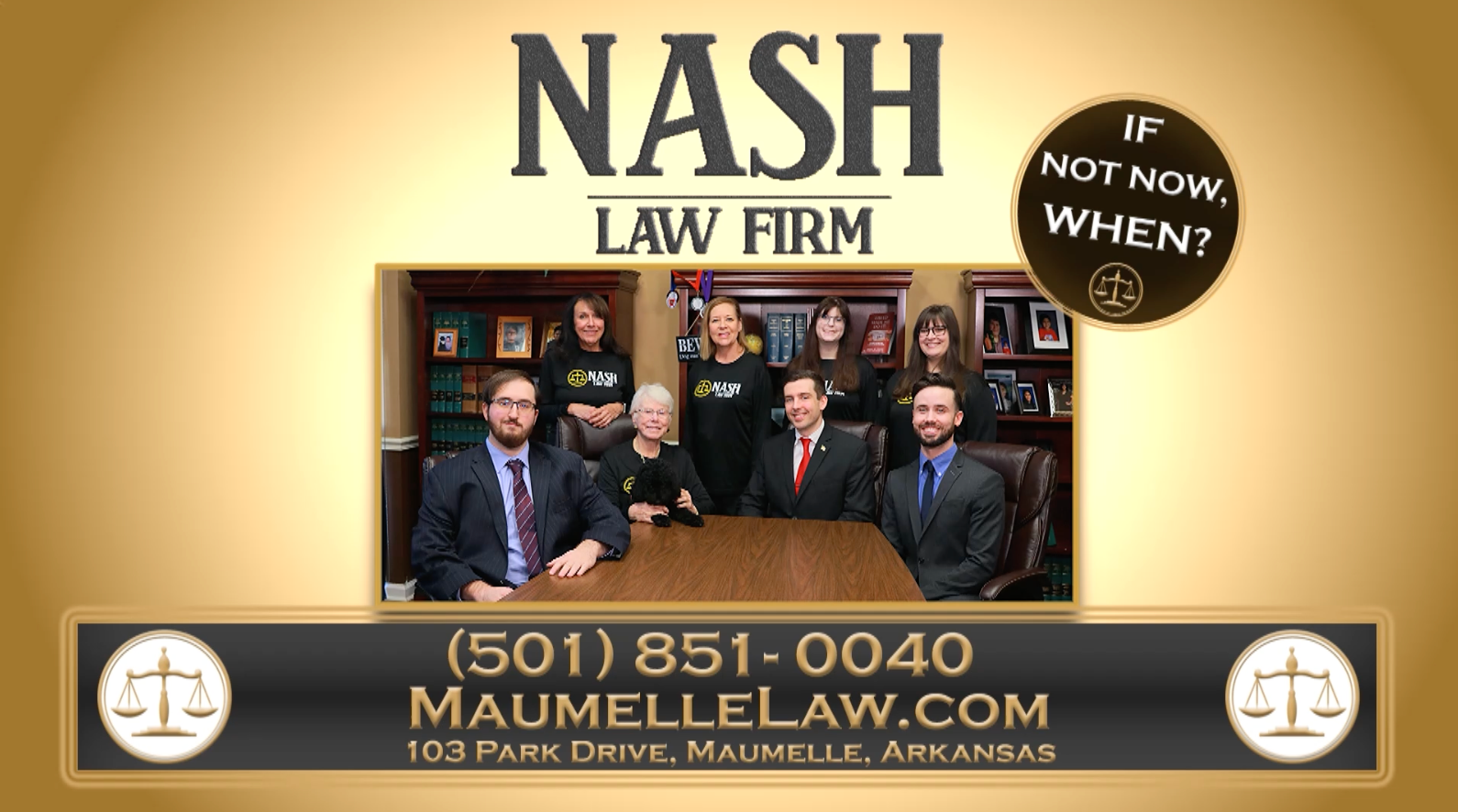Preparing for an Unexpected Caregiver Role: Legal Steps You Can Take Now

Life can be unpredictable, and sometimes you may find yourself in a caregiver role for a loved one sooner than expected. Whether due to an accident, illness, or age-related decline, becoming a caregiver can be emotionally and financially challenging. While no one likes to think about these situations, there are proactive legal steps you can take now to be prepared if this responsibility falls to you.
Understanding the Legal Challenges of Caregiving
When you become a caregiver, you're not only responsible for the day-to-day care of your loved one but also their legal and financial well-being. This can include managing their healthcare decisions, overseeing finances, and ensuring their estate is properly handled. Without the appropriate legal tools in place, you may find yourself navigating complex systems or even facing obstacles to providing the care your loved one needs.
Key Legal Documents to Prepare Now
-
Healthcare Power of Attorney (POA): One of the first steps in preparing for a potential caregiver role is having a healthcare power of attorney in place. This legal document allows you to make medical decisions on behalf of your loved one if they are unable to do so. With a healthcare POA, you can ensure that medical treatments align with their wishes and that their healthcare needs are met in a timely manner.
-
Durable Power of Attorney for Finances: Financial matters are often one of the most challenging aspects of caregiving. A durable power of attorney for finances allows you to manage your loved one’s finances, including paying bills, handling investments, and managing property. This document is essential if your loved one becomes incapacitated and can no longer handle their own financial affairs.
-
Living Will or Advance Directive: A living will or advance directive outlines your loved one’s preferences for end-of-life care. This document provides guidance to healthcare professionals and family members regarding the types of medical interventions your loved one would or would not want in the event of a terminal illness or incapacitation. Having these instructions in place ensures that their wishes are respected.
-
Guardianship or Conservatorship: In some cases, a more formal legal arrangement may be needed, such as guardianship or conservatorship. These legal statuses allow you to make broader decisions about your loved one’s personal and financial matters if they are no longer capable of managing them. Guardianship typically covers personal care decisions, while conservatorship focuses on financial matters.
Planning for Long-Term Care and Medicaid
If your loved one requires long-term care, it’s important to consider how you’ll manage the cost of care. Nursing homes and in-home care services can be expensive, and Medicaid is often the primary resource for covering these costs. However, qualifying for Medicaid involves strict asset and income limitations, and planning ahead can help protect your loved one’s assets while ensuring they receive the care they need.
Long-term care planning may involve creating a Medicaid asset protection trust, spending down assets, or making strategic gifts. These steps can be complex, but an experienced elder law attorney can guide you through the process to ensure that your loved one is financially secure while still qualifying for assistance.
Estate Planning and Family Conversations
In addition to legal documents, it’s essential to have open and honest conversations with your loved one and other family members about caregiving responsibilities. Discussing their wishes for healthcare, finances, and property distribution will help avoid conflicts and confusion later on.
Estate planning plays a critical role in this process. Updating your loved one’s will, establishing a trust, or designating beneficiaries are all steps that can provide clarity and peace of mind. By addressing these issues early, you can reduce the likelihood of disputes among family members and ensure that your loved one’s estate is handled according to their wishes.
Contact Nash Law Firm for a Free Consultation
Preparing for an unexpected caregiver role involves more than just emotional readiness—it requires careful legal planning. At Nash Law Firm, we’re here to help you take the necessary steps to protect your loved one and make the caregiving process smoother. Contact us today for a free consultation and let our experienced team guide you through the legal steps you can take now to be prepared for the future.
DISCLAIMER: The information provided on this website does not, and is not intended to, constitute legal advice; instead, all information, content, and materials available on this site are for general informational purposes only. Information on this website may not constitute the most up-to-date legal or other information. This website contains links to other third-party websites. Such links are only for the convenience of the reader, user or browser; the Nash Law Firm does not recommend or endorse the contents of the third-party sites.
Readers of this website should contact their attorney to obtain advice with respect to any particular legal matter. No reader, user, or browser of this site should act or refrain from acting on the basis of information on this site without first seeking legal advice from counsel in the relevant jurisdiction. Only your individual attorney can provide assurances that the information contained herein – and your interpretation of it – is applicable or appropriate to your particular situation. Use of, and access to, this website or any of the links or resources contained within the site do not create an attorney-client relationship between the reader, user, or browser and website authors, contributors, or Nash Law Firm.









![Nash Law Firm Logo [click to return home] Nash Law Firm](https://lirp.cdn-website.com/8c4d5b2c/dms3rep/multi/opt/nashlogo_colorgray_horz-1920w.png)


![Nash Law Firm Logo [click to return home] Nash Law Firm Logo](https://lirp.cdn-website.com/8c4d5b2c/dms3rep/multi/opt/nashlogo_whgold_horz-1920w.png)

